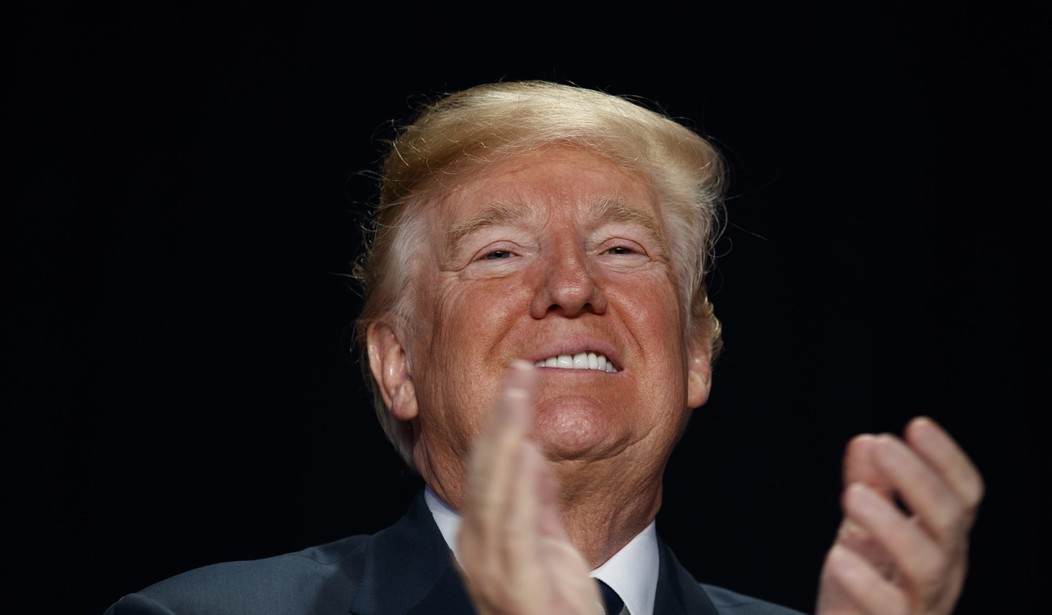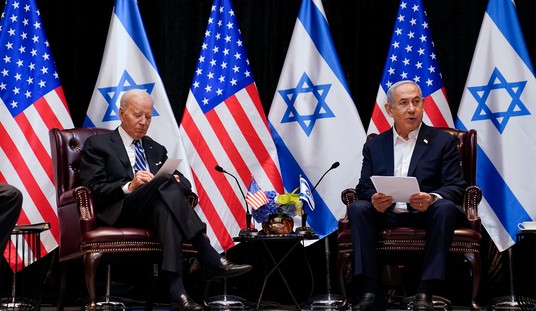On Tuesday, the U.S. Supreme Court upheld President Donald Trump’s temporary travel ban, restricting immigration from countries of terror concern. The ban, attacked my Democrats as the promised “Muslim ban,” survived a challenge from Hawaii.
The law “grants the President broad discretion to suspend the entry of aliens into the United States. The president lawfully exercised that discretion based on his findings — following a worldwide, multi-agency review — that entry of the covered aliens would be detrimental to the national interest,” the Court ruled.
Chief Justice John Roberts delivered the majority opinion, in which Justices Anthony Kennedy, Clarence Thomas, Samuel Alito, and Neil Gorsuch joined. Liberal Justices Stephen Breyer and Sonia Sotomayor each filed their own dissenting opinions, and Elena Kagan joined Breyer while Ruth Bader Ginsburg joined Sotomayor.
During the 2016 election, Trump had promised a ban on Muslims entering the country. In a television interview, one of his campaign advisers explained that when the president “first announced it, he said, ‘Muslim ban.’ He called me up. He said, ‘Put a commission together. Show me the right way to do it legally.'”
Despite this background, the Court ruled that “the issue before is us not whether to denounce [Trump’s] statements. It is instead the significance of those statements in reviewing a Presidential directive, neutral on its face, addressing a matter within the core of executive responsibility.”
The original version of the ban only included Muslim-majority countries of terror concern: Iran, Iraq, Libya, Somalia, Sudan, Syria, and Yemen. The version before the Supreme Court did not include Iraq, but did include Chad, Iran, Libya, Somalia, Syria, and Yemen, along with two non-Muslim countries, North Korea and Venezuela.
Never at any point did Trump’s travel ban exclude all Muslims or all majority-Muslim countries.
Importantly, Justice Thomas, who wrote a concurring opinion, argued that courts lower than the Supreme Court should not be able to apply universal injunctions that temporarily suspend the law for everyone — not just the allegedly aggrieved party in a case. “Universal injunctions are legally and historically dubious,” he wrote. “If federal courts continue to issue them, this Court is dutybound to adjudicate their authority to do so.”
Justice Sotomayor, however, argued that the Court’s opinion upholding the travel ban “fails to safeguard” religious liberty. The Court’s ruling “leaves undisturbed a policy first advertised openly and unequivocally as a ‘total and complete shutdown of Muslims entering the United States’ because the policy now masquerades behind a facade of national-security concerns,” she argued.
Sotomayor argued that “this repackaging does little to cleanse [the travel ban] of the appearance of discrimination that the President’s words have created.” She claimed that the evidence on record suggests that “the Proclamation was motivated by anti-Muslim animus. That alone suffices to show that plaintiffs are likely to succeed on the merits of their Establishment Clause claim.”
Then the liberal justice tore into the majority opinion. “The majority holds otherwise by ignoring the facts, misconstructing our legal precedent, and turning a blind eye to the pain and suffering the Proclamation inflicts upon countless families and individuals, many of whom are United States citizens.”
Contrary to her claims, Thomas argued that “the plaintiff’s profferred evidence of anti-Muslim discrimination is unpersuasive.”








Join the conversation as a VIP Member